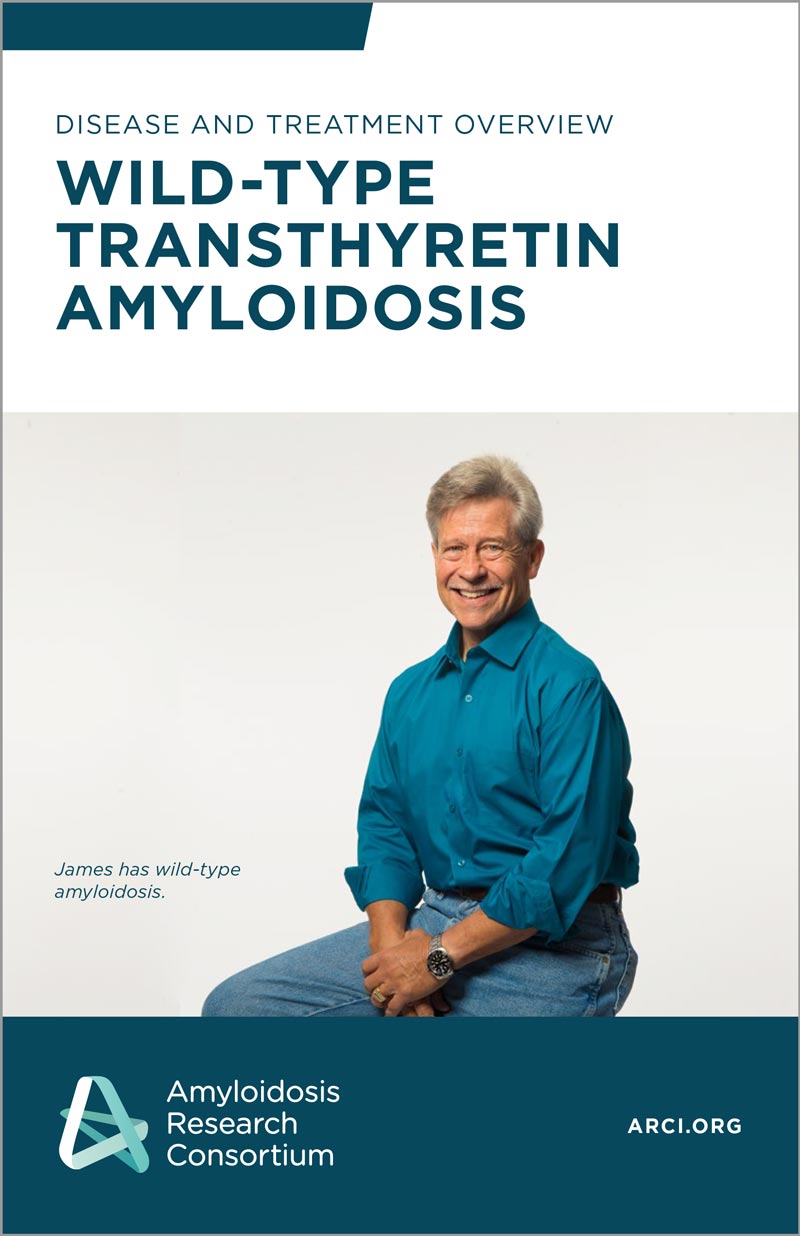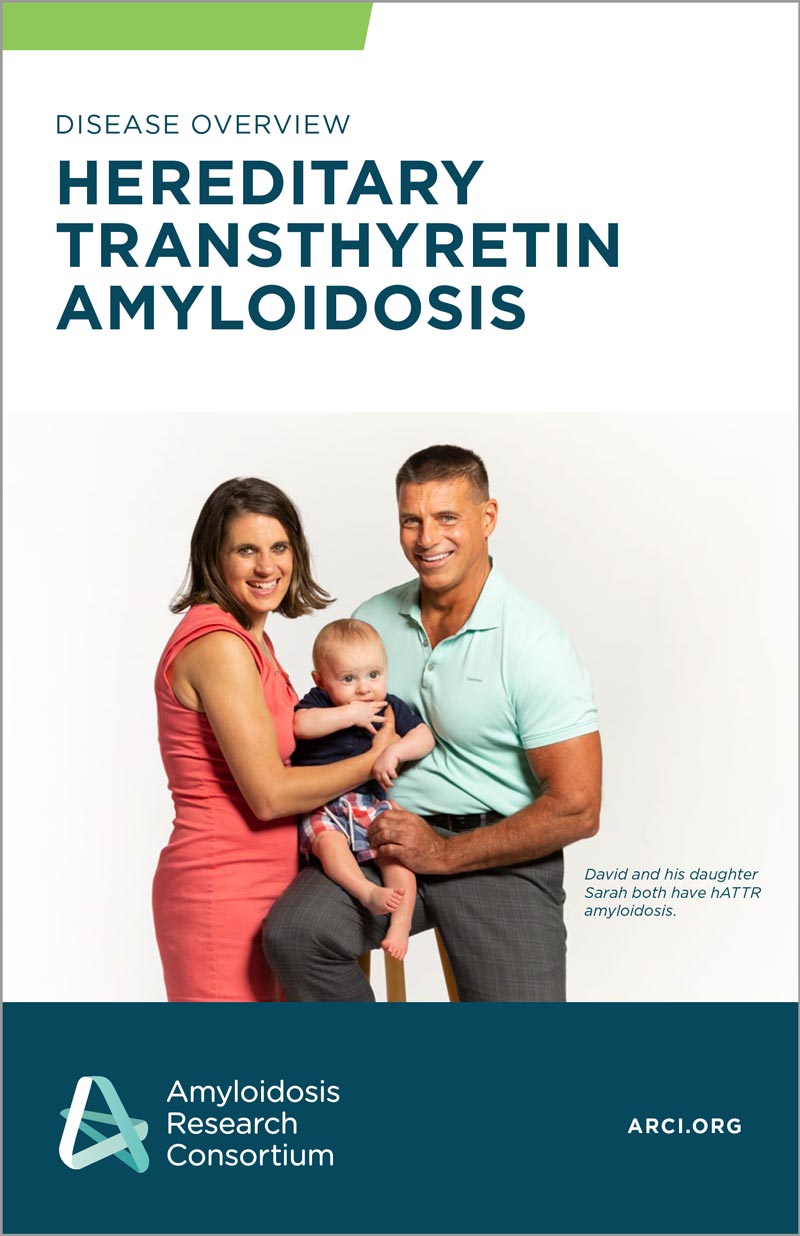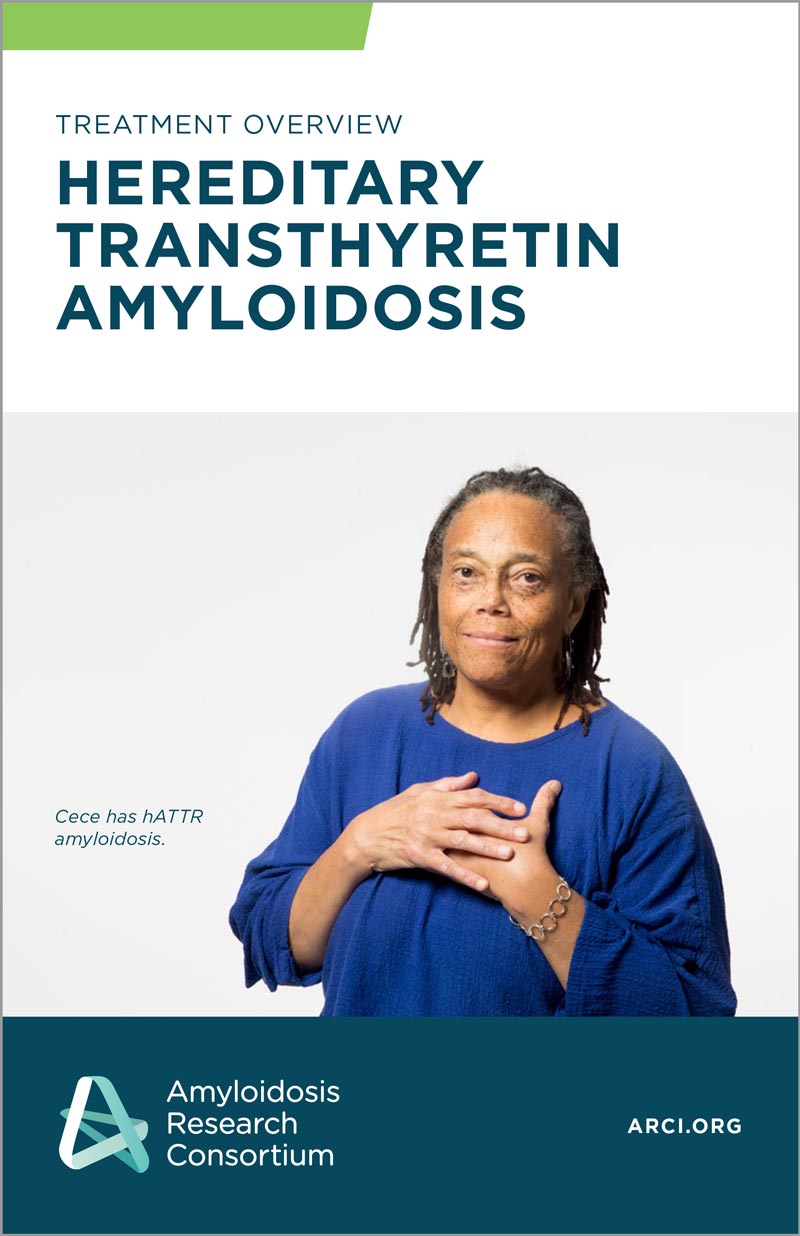ARC Executive Director of Research Kristen Hsu presented an overview of the different approaches to treating ATTR amyloidosis, as well as the most current updates for the clinical trial landscape, with a focus on ATTR trials.
Original Presentation Date:
July 31, 2025.
0:00 — Welcome
3:11 — Introduction
6:44 — Overview of Approaches to ATTR Amyloidosis Treatments
10:37 — Investigative Approaches to ATTR Amyloidosis Treatments
13:36 — ATTR Clinical Trials 2025 Overview & Updates
17:30 — ATTR Clinical Trials Currently Recruiting
18:20 — ACT-EARLY (acoramidis; TTR stabilizer)
25:53 — TRITON-CM (nucresiran; gene silencer)
30:12 — MAGNITUDE (nex-z; CRISPR gene editing)
33:37 — MAGNITUDE-2 (nex-z; CRISPR gene editing)
35:39 — Upcoming Milestones for Novel ATTR Therapies
36:52 — CARDIO-TTRansform (eplontersen; gene silencer)
38:08 — Coramitug (NNC6019-0001; anti-amyloid fibril depleter)
39:36 — DepleTTR-CM (ALXN2220; anti-amyloid fibril depleter)
41:08 — How long does FDA approval take after Phase 3 trials?
45:20 — Other Recruiting and Planned Clinical Studies
47:55 — REVEAL (I-124 Evuzamitide; diagnostic radiotracer)
48:48 — CArdiag ([18F]Florbetaben; diagnostic radiotracer)
49:21 — How to Find Clinical Trials
52:27 — Q&A Session
52:46 — Why are there different ATTR-PN (polyneuropathy) and ATTR-CM (cardiomyopathy) trials?
56:16 — Why are there no anti-fibril studies for ATTR-PN?
57:50 — Why are the inclusion criteria for the MAGNITUDE study so high?
59:55 — Conclusion
Contact ARC:
Call +1 (617) 467-5170
Email ARC at support@arci.org






